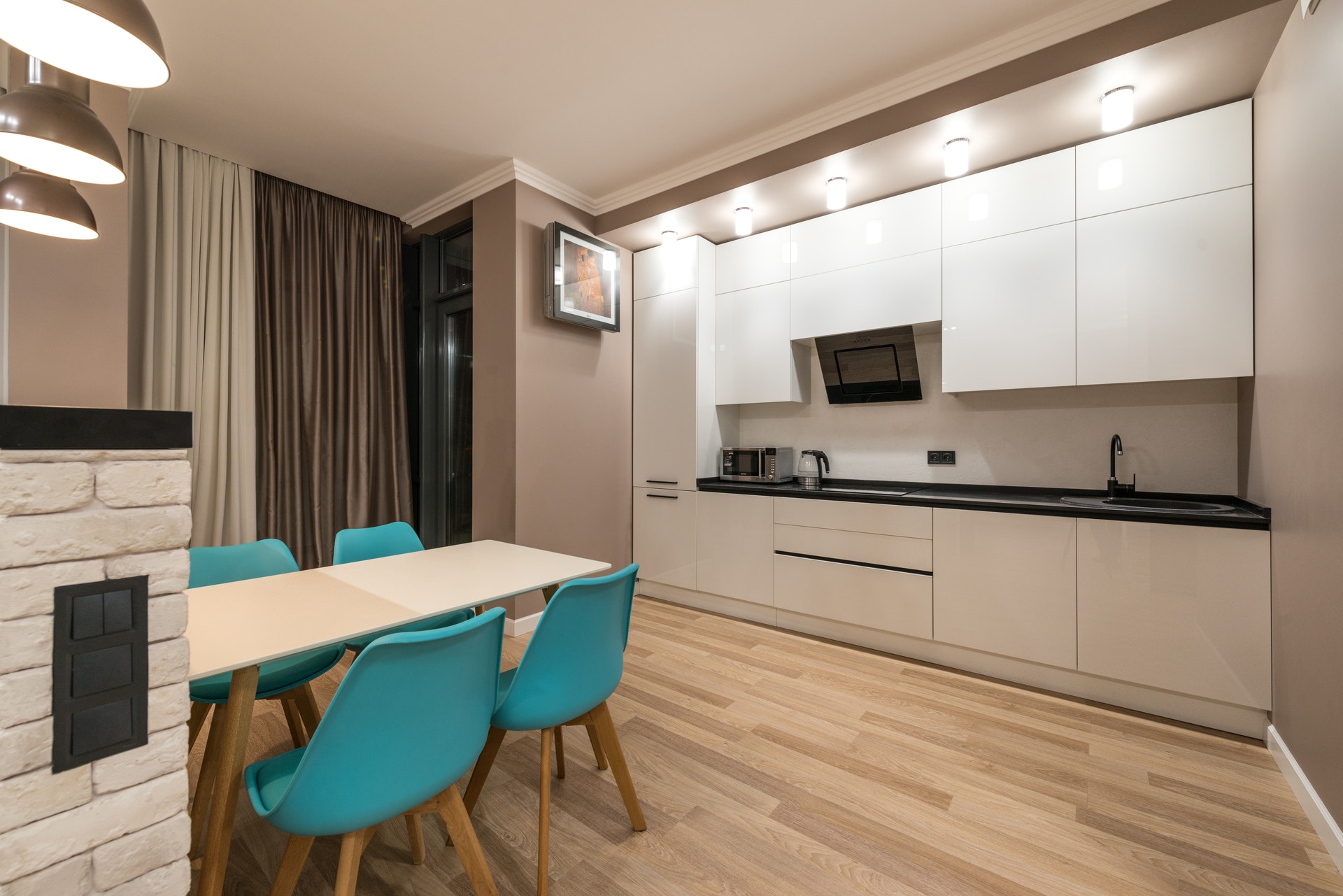
A common mystery in the world of new builds is if you can or can’t extend them, and if so, what actually goes into the process. In a nutshell, with the right planning permission and with the developer’s permission if required, you can absolutely extend a new build.
Sadly, it’s more complicated than most would like. Typically, new builds need the permission of the builder/developer before they can be extended until the house is 5-10-20 years of age. This is all down to the individual build and documentation, but it’s common in most new homes. Planning rights are almost always different too.
Let’s explain it more in-depth.
Developer Consent (Covenants)
The best place to start on the topic of if you can extend a new build is by looking into the developer or builder’s role in the process. Generally speaking, it is very common for any kind of major renovation like an extension to require the permission of the developer. This can come in all kinds of shapes and sizes. You’ll need to have written permission to be able to do the work if this is in the contract or covenants that you agreed to when signing the deed for the property. Your solicitor should have covered all of this with you in-depth too before buying.
What can be even worse still is that in some cases, the developer will charge for this permission to be granted, too. That can be anything from hundreds to thousands of pounds (if they do charge, which not all do), and there’s nothing you can really do about it either.
Time Bounds
What can be good news however is that when this is the case, there can be a time limit on how long this permission is required before you can do it on your own accord in line with general planning permission only. Many of the covenants relevant to this will only be in place for a number of years after the sale of the property has taken place. Often that is 5-10, but it can be tens of years too depending on the individual covenant you agreed to. Make sure to check that out.
Planning Permission
Planning permission is the next major place to look into when learning if you can extend a new build. With any new build, whether you need developer permission or not to carry out an extension to a new build, you’ll need planning permission. Getting it depends entirely on what you want, where you want it done, and the permissions the developer was given when they built it in the first place. Many people ask if they can use permitted development rights, but usually, sadly not. We’ll expand on that below.
So, what does need to happen? Well, that will usually look like a full householder planning application and the work that goes along with it. You’d need to get planning drawings done by an architectural professional, and then have this submitted to the local planning authority. They can approve or reject this or put in clauses that must be addressed in your drawings before they can be approved. Once they are approved, however, you’re all good to move on to the next step of the process. This is the best-case scenario.
Permitted Development
With many homes, you can use permitted development rights to undertake any work that you’d like done within a number of parameters. Typically, for example, you can extend up to 3 metres back as long as it isn’t encroaching neighbours or taking up more than half your garden without needing planning permission. That’s just one example.
With new builds, however, these permitted development rights are stripped most of the time. It could be because of where the development is in terms of the area’s greenery, conservation status, the planning permission the developer was given, or any number of other things, but, commonly, you won’t be able to use them. This is something you should check however before going any further or speaking to a professional to check with you.
Extending Pre Purchase
Despite all of these stipulations and obstacles in place, there is still light at the end of the tunnel for many. One incredibly useful thing to know in this whole debate is that it’s very possible in many cases to extend a new build property before it is even built.
If applicable, you can often pay extra and have the developer extend the property for you. This is a highly interesting situation because if they do this, the situation is completely different. The extension becomes a part of the original property, and therefore, any further extension would be classed the same as any other. If PD is available, this could lead to yet another extension all without the need for planning permission. That could be a real goldmine of potential for a buyer. If permitted development is not an option, planning is more likely still too.
Summary
All in all, you can extend a new build if you have the right permissions. You may need permission from the developer before you can do anything. To get that, they might charge you for it. You may be able to use permitted development rights, but you should check your deeds and make a permitted development enquiry to find this out. Lastly, you may need planning permission, which is always a possibility for any work carried out.
It’s always best to speak to an architectural professional regarding any kind of extension or planning enquiry, so why not make a completely free and impartial enquiry with the CK Team today?






